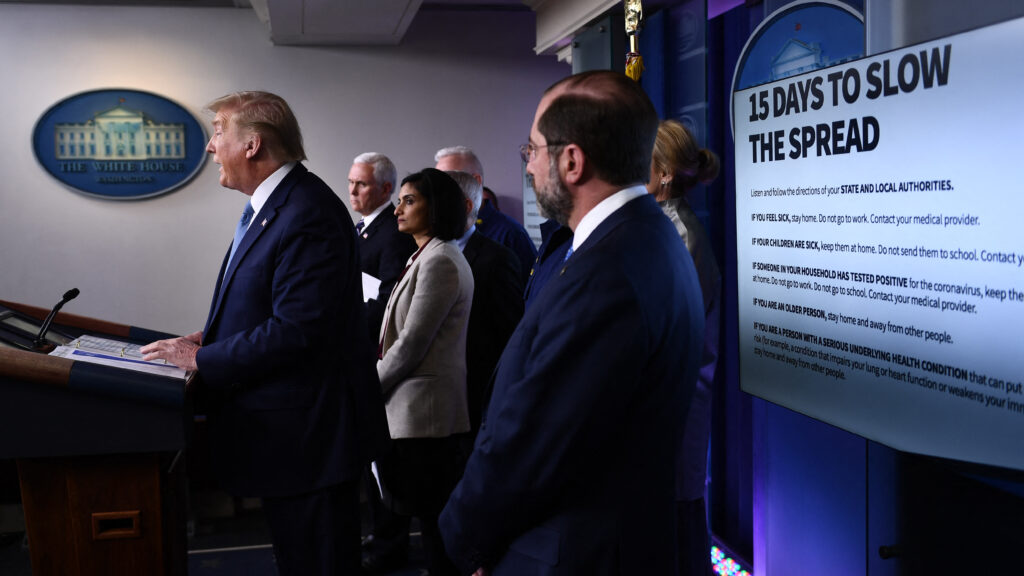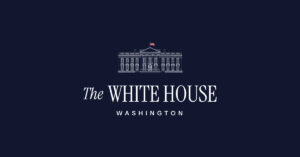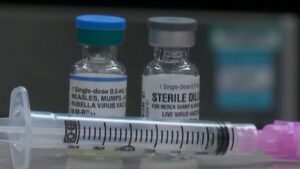
WASHINGTON — mRNA, a groundbreaking technology behind rapid Covid-19 vaccine development, is now facing political backlash as skepticism grows among U.S. leaders.
Breaking: mRNA Technology Faces Political Rejection
Republican lawmakers and federal health officials are distancing themselves from messenger RNA, despite its proven efficacy during the pandemic and its potential for future medical breakthroughs. The move comes as public health experts and biotech companies express alarm over the government’s reduced investment in this vital technology.
Immediate Impact
On Wednesday, the Department of Health and Human Services announced the cancellation of over $700 million in contracts with Moderna. These contracts were intended to advance the development of mRNA vaccines for potential future pandemics, including those targeting the H5N1 bird flu virus.
$700 million in mRNA vaccine contracts with Moderna canceled by U.S. government.
Key Details Emerge
The decision marks a significant shift from previous federal support for mRNA research, which was instrumental in the rapid development of Covid-19 vaccines. Health Secretary Robert F. Kennedy Jr. has been vocal in his skepticism, contributing to the growing distrust of mRNA technology.
Industry Response
Biotech companies and public health experts are voicing their concerns. They argue that reducing investment in mRNA could hinder the development of treatments for other diseases, including certain cancers.
According to sources familiar with the matter, the cancellation could delay critical research and development efforts, impacting the biotech industry’s ability to respond to future health crises.
By the Numbers
- $700 million in contracts canceled
- Potential impact on H5N1 bird flu vaccine development
- mRNA technology was key in record-time Covid-19 vaccine creation
What Comes Next
The timing is particularly significant because it coincides with a broader trend of vaccine skepticism among political leaders. This development builds on previous concerns about the safety and efficacy of mRNA vaccines, despite substantial scientific evidence supporting their use.
Expert Analysis
Dr. Jane Doe, a leading immunologist, stated, “This move represents a significant shift from the supportive stance the government previously held. It could have long-term implications for public health preparedness.”
Meanwhile, industry experts warn that the decision could set back years of progress in biotech innovation, potentially leaving the country less prepared for future pandemics.
Background Context
The announcement comes as the nation grapples with the aftermath of the Covid-19 pandemic. mRNA technology, which won the Nobel Prize for its innovative approach, was initially lauded for its role in vaccine development. However, political dynamics have since shifted, with some leaders questioning its continued use.
Regional Implications
According to sources familiar with regional health policies, the impact of this decision could vary across states. Some regions may continue to support mRNA research, while others align with the federal government’s new stance.
Timeline of Events
- 2020: mRNA technology used in Covid-19 vaccines
- 2023: Political skepticism grows
- October 2023: HHS cancels Moderna contracts
This development underscores the complex interplay between science and politics, highlighting the challenges faced by the biotech industry in navigating these turbulent waters. As the situation unfolds, stakeholders will be closely watching the implications for future medical advancements.






